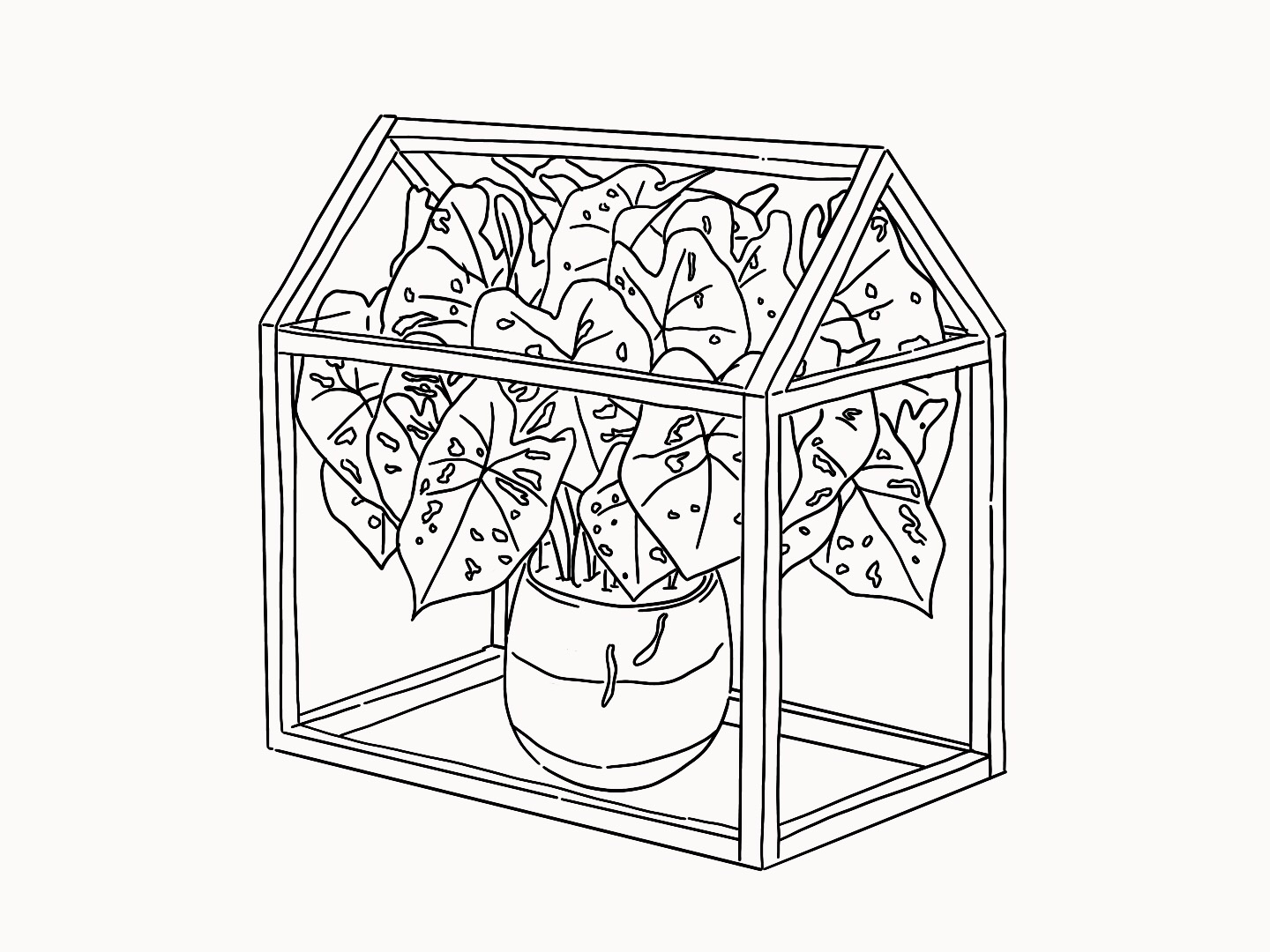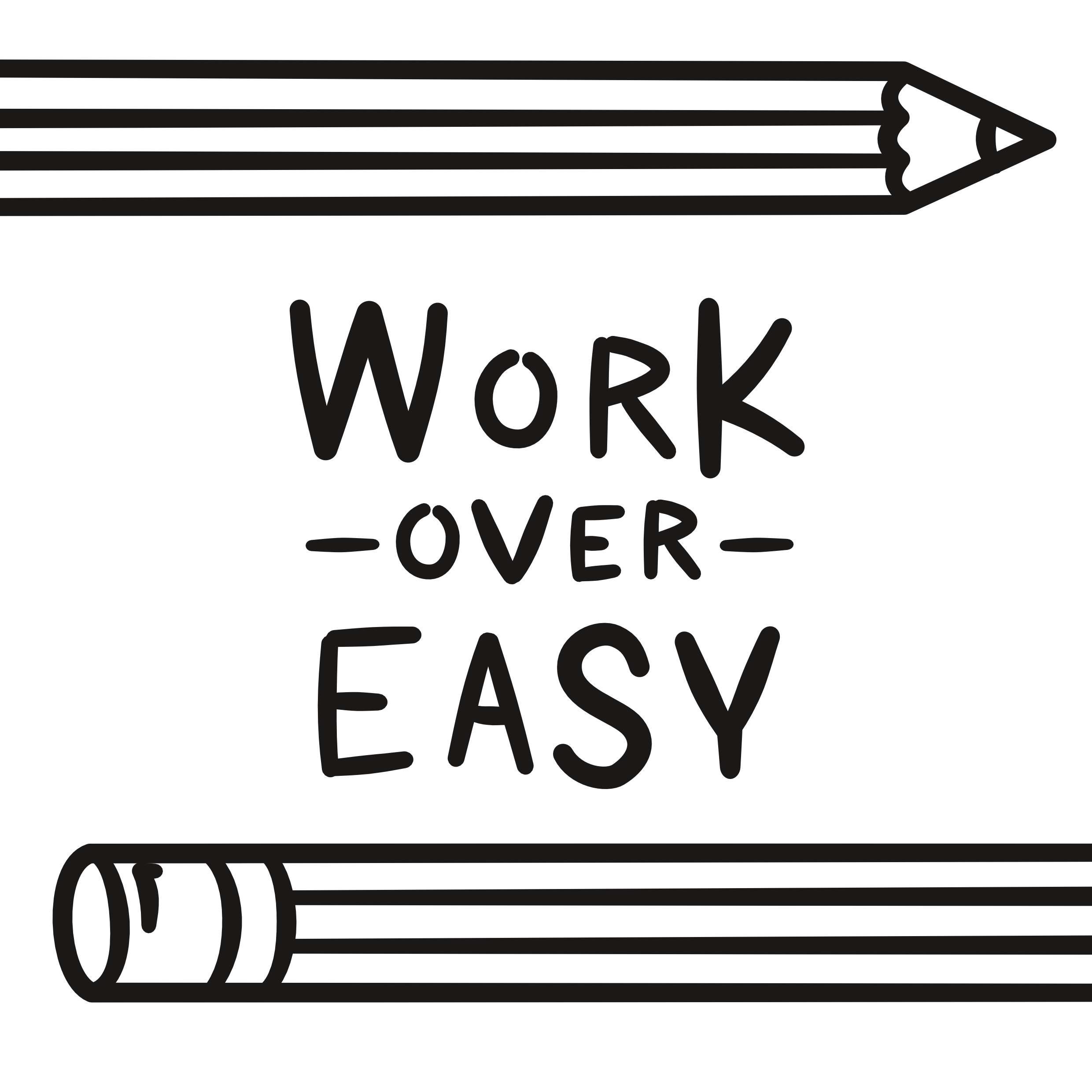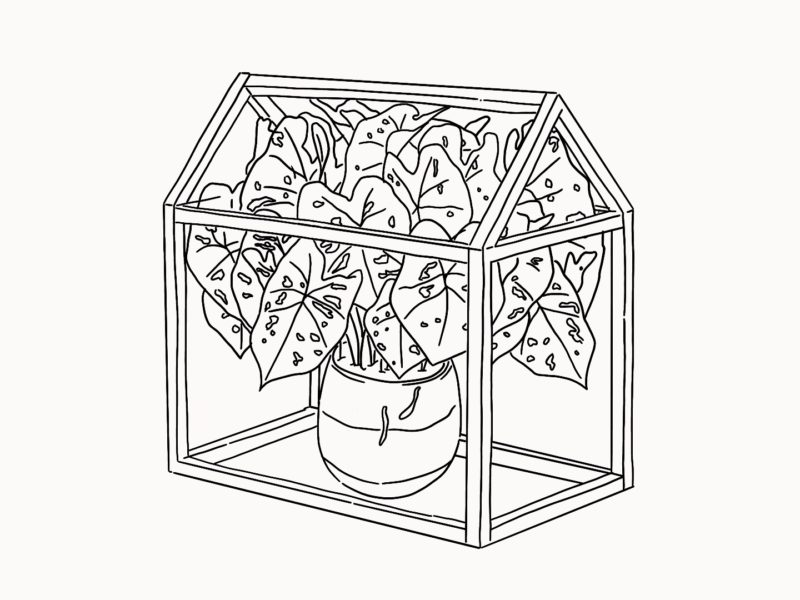How do you choose what to watch, read, listen to, engage with next?
I’m guessing, for at least one of those, you rely on what’s recommended to you online, whether you do that consciously or unconsciously. Recently, I realised quite how much of the media I engage with is being served up to me by algorithms and group decision making. I am one with my Netflix recommendations. I’m constantly checking in with my Spotify Discover Weekly Playlist. I read what I find shared and then promoted to me on Twitter or what comes through my Pocket recommendations.
The last 6 months for me have been a time for introspection. It feels like I’ve hit a stable place and I’m looking at where I go next. In doing that horizon scanning, I’ve been trying to hone in on my own sense of taste.
In order to refine your palate you need to try a huge variety of whatever it is you’re interested in. You have to know what you dislike as much as you need to know what you like. You have to immerse yourself and grow and come out the other end. We do this in the extreme when we’re teenagers, trying on different hats (sometimes literally) and finding out a bit about who we are while we realise we don’t have the bone structure for a beret. But we never stop, or at least we shouldn’t.
As much as I feel like I’ve hit a stable plateau in my life, I also feel like the menu my palate has been served in the past year or so has become very safe. I know what I like: I like procedural shows, I like clever dramas where I don’t think anyone’s a good person, I like action movies, I like subtle yet feeling illustrations, I like Maggie Rogers. But I don’t think my taste has been pushed. I’ve not fallen in love with anything new.
Perhaps it’s just my sense of taste refining as I get older. Or, perhaps, it’s got something to do with the algorithms I’m relying upon to help me order.
Before we start discussing algorithms, I think it’s worth spending a little while getting to grips with what we’re talking about, because it’s a term that’s thrown about a whole lot without much context. Hannah Fry, in her brilliant book Hello World, explains how algorithms are just a series of logical instructions that show step by step how to achieve a specific goal. But when we say algorithm, because of their common usage now, we’re usually talking about the mathematical ones that work in computer code to crunch calculations and follow those instructions to achieve their goals.
Fry very breaks down the big groups of algorithm by the kinds of goals they’re given. This has been the easiest way I’ve found of thinking about what’s going on on the other side of the services I use. Fry’s four categories of actions are:
- Prioritisation – ranking one thing over an other (you’ll like this one best)
- Classification – putting things into categories (you’ll like this because you’re x kind of person)
- Association – finding and marking relationships between things (you’ll like this because it’s linked to something else you’ve liked)
- Filtering – isolating what’s important (you won’t like these but you will like these, and I’ll only show the ones you like)
The algorithms at work in most of the services I mentioned at the start of this post rely on a mixture of all four of these actions with the aim of keeping users engaged with, and so loyal to, their service for as long as possible. Their aim isn’t to expand your taste, it’s to keep you eating. The best way for them to do that is to rely on what you have liked in the past and keep serving you things that you’ll find edible.

Now that certainly has its pros and its cons.
In the pro column, you’ve got the fact that it saves you, most of the time, from things you’ll just outright hate AKA no horror movies for me. By filtering out what it presumes are the definite nos it saves you precious browsing time as well as nightmares.
In the con column, there are more than a few limitations. These algorithms learn from what we’ve liked in the past and what people similar to us have liked too. But what happens if they’ve got what you like wrong? What if you’ve just gone through a phase of being obsessed with one thing, but now you’re a bit over it? What about those hidden gems that you stumble upon that ‘aren’t your type on paper’? What about those things you’d definitely love but aren’t part of the service’s catalogue? What about if your tastes have evolved? For some reason as a child I hated tea but now I have at least 4 cups a day, if I only trusted algorithms how would I have refound that love? There’s also a question of how do you become an individual in a sea of grouped recommendations? How do you develop your own personal taste? Then there’s a whole bunch of ways those personal tastes may be modified when sharing your opinions for algorithms and people on social networks, but let’s just tackle one thing at once.
As ever, I don’t have a definitive conclusion for what we should do next. But the one thing I do know is that if I want to truly develop a sense of my own palate, I need to step away from the algorithms. That means accepting three basic principles:
- You have to get outside – look for recommendations outside of the web. I’m going to be asking friends about what they’ve enjoying more. I’m also just going to get outside and trust my eyes and my ears.
- You have to take risks – there’s going to be stuff you don’t like. Without the “is it edible?” filter there are going to be some sour grapes in the mix, but that’s part of the process. I’m going to have to bite into things that might be awful and see how it goes.
- You have to work for it – accept that this way is slower. I’ve gotten used to the ease of trusting recommendations and not having to search them out, but testing your palate takes time and work.
There’s nothing wrong with a recommendation to cut down on the hundreds of hours searching for a show, and the more horror trailers I can avoid when I’m browsing late at night the better. But what about the unexpected hidden gems? You have to dig for those not just in the third page of your google search results but out in the real world.



This is solid advice, Natalie! Thanks for sharing <3
Glad you found it useful Hannah!
I’ve just realised how much I get from algorithms. I mean my friends recommend me things but when I was younger I would just go and buy random CDs because they looked cool and give them a listen. Even a year ago I’d go to free gigs by bands I didn’t know just for a cool night out. I can’t remember the last time I discovered new music for myself, it’s been so long, I need to do it more!
The Quirky Queer
When I started thinking about it, the amount I rely on recommendations really shocked me! I love the idea of just heading out to a gig and hoping for a good time